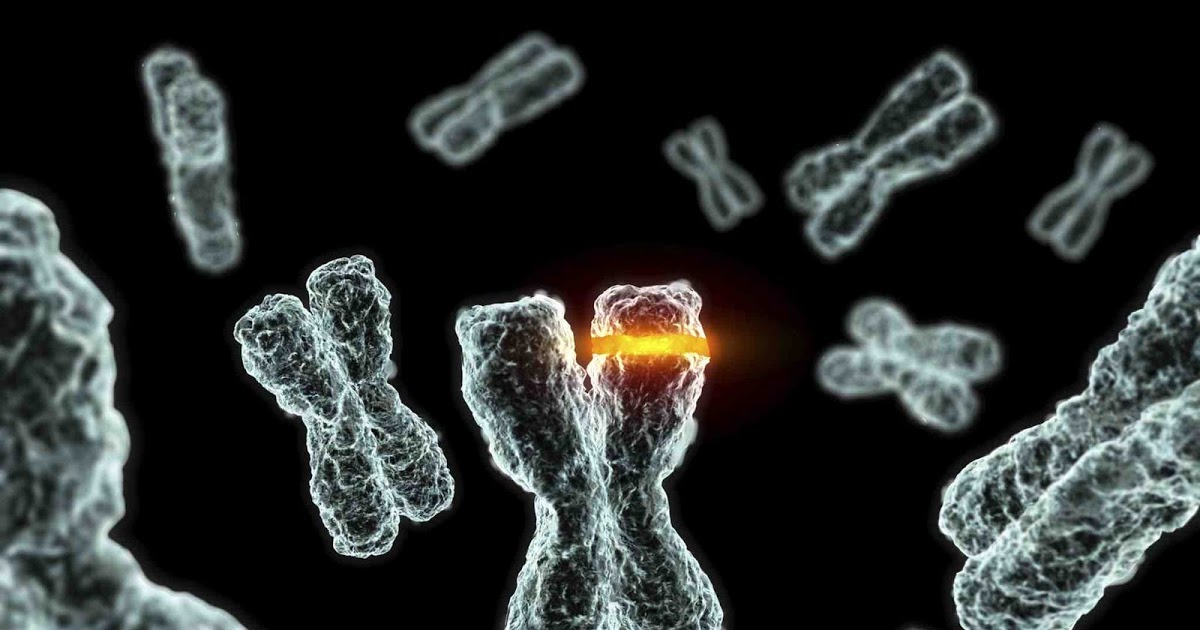What Causes And Increases The Risk Of Amyotrophic Lateral Sclerosis?
Gene Mutation

There are two types of amyotrophic lateral sclerosis: sporadic and familial. While sporadic ALS occurs at random and accounts for the majority (roughly ninety to ninety-five percent) of amyotrophic lateral sclerosis cases, an estimated five to ten percent is due to genetic mutation. Thus, they are considered familial. Genetic mutations have actually been detected in patients with both types of ALS. One potential genetic mutation linked with amyotrophic lateral sclerosis is that of the protein angiogenin. Another highly likely cause is gaining a new and very harmful function of the protein known as superoxide dismutase 1 (SOD1), which causes the SOD1 gene to mutate. Mutations also impact messenger RNA (mRNA), which acts as a messenger between proteins and their corresponding genes. Errors in the RNA-making process might cause different genetic mutations to occur and result in ALS.
Learn more about the causes of amyotrophic lateral sclerosis now.